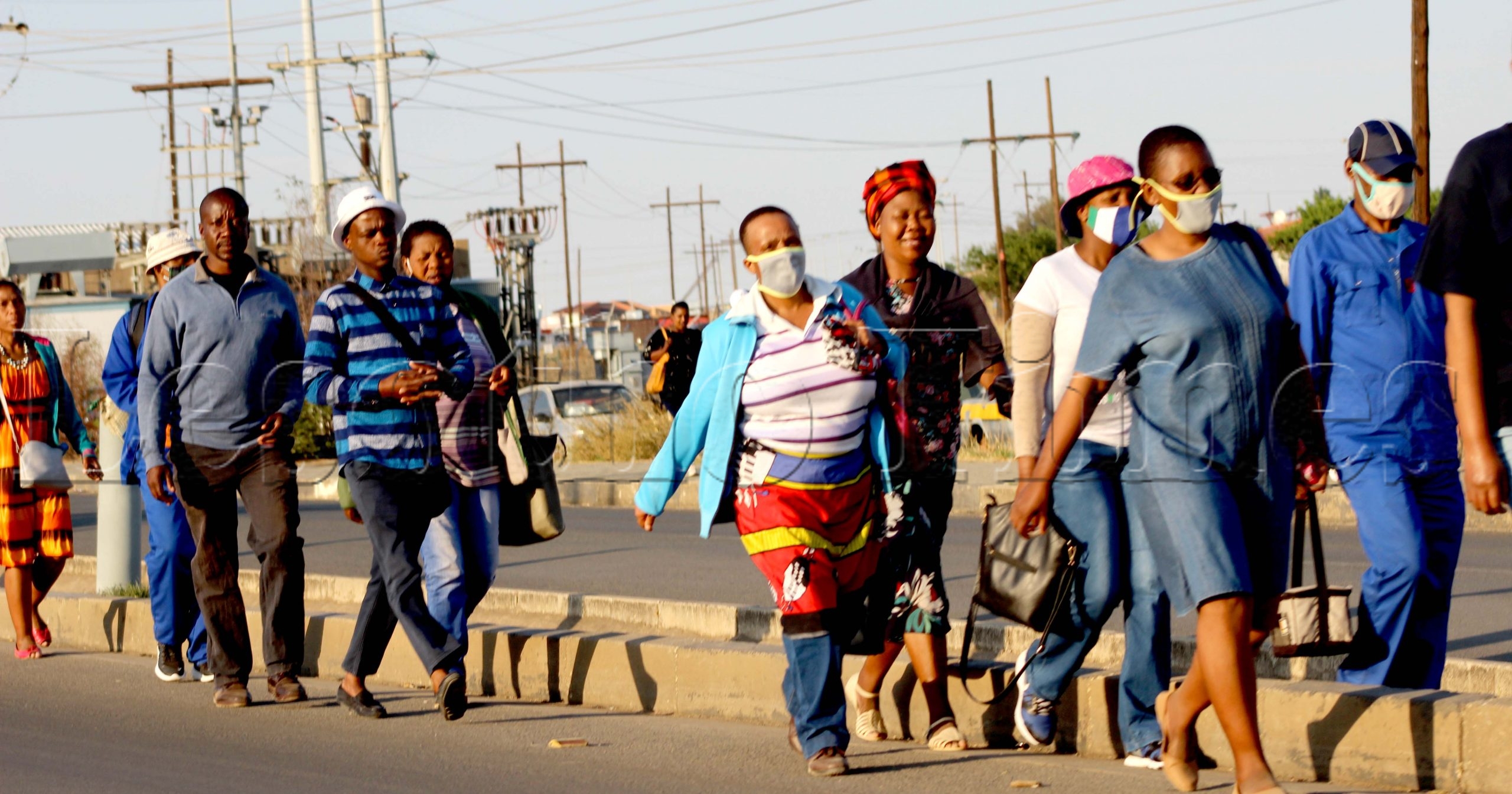Bereng Mpaki
A MASSIVE jobs carnage is looming in the textiles and garment factories as employers are considering laying off workers to manage their ballooning production costs.
This after the government last week awarded a 14 percent salary increase to textile workers. Other sectors were awarded a nine percent wage increase for the 2021/22 financial year.
The salary hikes came on the back of violent worker protests for better pay from 10 May to 7 June 2021.
The workers complained that the cost of living had gone up since their last wage adjustment in 2019. They wanted a 20 percent salary increase for the current 2021/22 financial year, while their employers were offering six percent.
They were also demanding the retrospective publishing of the minimum wage gazette for the 2020/21 financial year which was never issued after employers pleaded that they were financially constrained due to the negative effects of Covid-19.
The Lesotho Textile Exporters Association (LTEA) this week said although its members were considering laying off thousands of workers, as the salary hikes had made their operations unsustainable to retain all their workers, it was not yet sure of the exact numbers to be affected.
The LTEA said the salary increments would negatively affect their pricing thereby eroding their already weak market competitiveness.
The majority of Lesotho textile factories export their products to the United States (US) under the African Growth and Opportunity Act (AGOA) trade concession. Others export to neighbouring South Africa.
In its statement, the LTEA said its members were considering downsizing their operations to manage costs. They are also considering automating their production to manage costs.
“The LTEA is unhappy with the 14 percent minimum wage increase as awarded by the government,” the statement said.
“The 14 percent wage increase will significantly affect our pricing making Lesotho products more expensive than those from other countries we are competing with for the US market.
“Under these circumstances, employers are considering temporarily downsizing their workforce to manage costs on delivering the outstanding orders until they get new ones.”
In April this year, the Nien Hsing International said it was planning to retrench 2500 workers to manage costs due to the Covid-19 induced slump in demand for denim products. If implemented, this will leave the company with just 500 workers.
Nien Hsing manager Ricky Chang at the time told the Lesotho Times that the factory was suffering from a serious shortage of orders from buyers.
Nien Hsing manufactures jeans for top US clothing brands like Levi Strauss and Co among others.
The factory is part of the larger Nien Hsing Textiles Group, which originates from Taiwan. The group has four textile manufacturing factories in Lesotho, which collectively employ about 10 000 workers.
The four factories are Nien Hsing International, Global International, C & Y Garments, and Formosa Textiles. The fifth factory, Glory International closed last year sending home 1500 workers.
“The company is still negotiating with the unions but indications are that at least 2200 workers will be retrenched soon.
“For the rest of the factories, it is still unclear how many workers will be laid off as different employers must consider their orders, which have been significantly low due to the Covid-19 induced global economic depression,” the LTEA said.
The orders are normally placed a year in advance and therefore their costing for current orders does not cater for the 14 percent wage increase, the LTEA said. Instead, their budgeting only catered for inflation-based increases.
“The employers are also considering automating their production going forward to manage their costs. This option is more expensive but it will mean permanent retrenchment of workers once implemented.”
The LTEA said the salary increases also added to Lesotho’s disadvantages as a producer for the USA market. Other disadvantages include that Lesotho is a landlocked country which is far from the destination market, therefore its goods are more expensive.
Unions this week said they were still consulting their members and would respond at a later stage.

